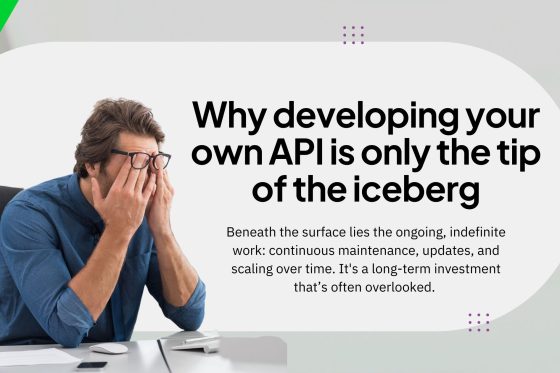
Staff Spotlight: Craig Senior AM
View post →
AI Hype Vs Reality
View post →
Staff Spotlight: MD Steven Smith
View post →
What Is an API?
View post →
5 Reasons to Use Our Sage 50 API
View post →
Building Your Own API – The Real Challenge
View post →
Is Sage 50 Stuck In The Past?
View post →
Unexpected Sage 50 API Wins
View post →
Connect Sage 50 to WooCommerce
View post →
Sage 50 Can Connect to Pipedrive
View post →
Connect Zoho with Sage 50
View post →
